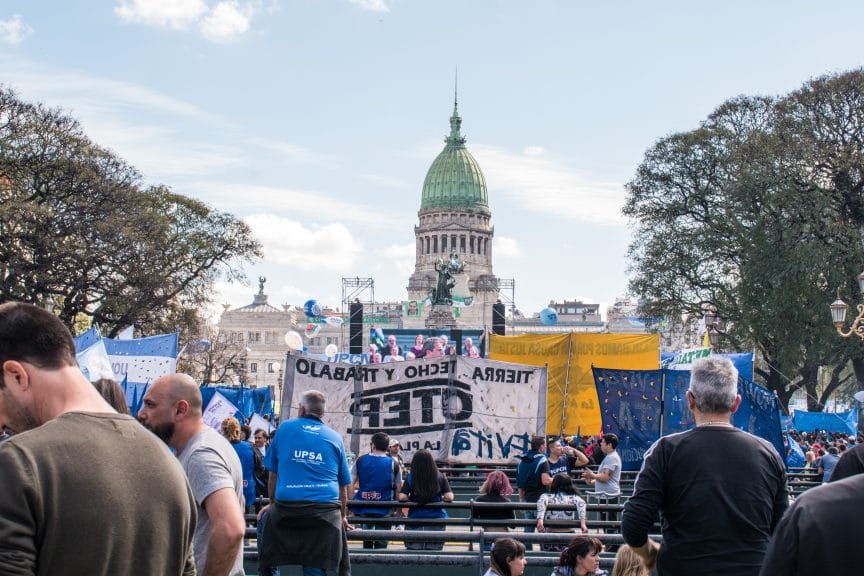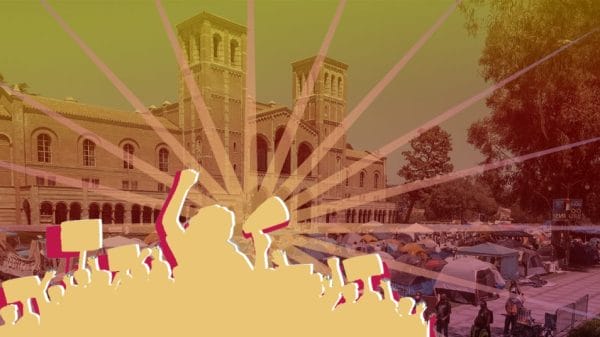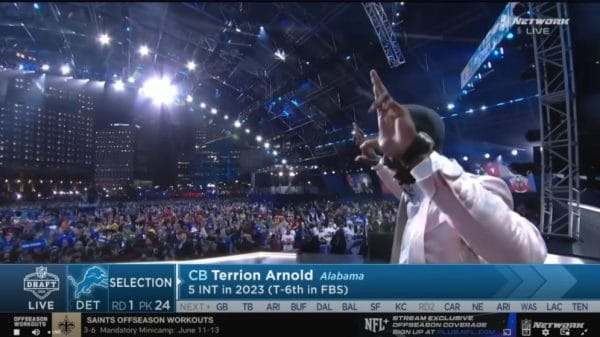Taylor Swift’s fanbase, Swifties, is turning to politics by rallying against far-right politician Javier Milei during the November Argentinian presidential elections.
Swifties are notorious for their unwavering loyalty and sharp investigation skills. Argentinian Swifties are using their talents to campaign against Milei’s party, Avanza Libertad (Freedom Advances), in the Argentinian elections this month.
The influence of Swifties on younger voters is especially significant in Argentina’s runoff election on Nov. 19. Milei will likely need the younger demographic to secure the presidency.
Taylor Swift’s Popularity in Argentina
Recently, Taylor Swift performed three sold-out shows in Buenos Aires. Since June, hundreds of Swifties have camped outside of the concert venue to get as close as possible to the stage.
The Buenos Aires Legislature even voted to name Taylor Swift as Argentina’s guest of honor preceding her arrival.
Given Swift’s popularity in Argentina, her fans constitute a significant voting bloc.
The new organization Swifties Against Freedom Advances urges fans to vote against Milei. In a recent tweet, they called his positions a “danger to democracy.”
The Twitter account Swifties Por la Patria (Swifties for the Homeland) criticized Milei’s position against legal abortion and in support of loosening gun laws.
They tweeted, “In Argentina, as a fandom, we see the need to discuss the upcoming Argentine elections and the country’s future. As Taylor said: ‘We need to be on the right side of history. #SwiftiesAgainstLLA’”
Argentinian Swifties take inspiration from Swift’s stance on politics and her history of speaking out against right-wing politicians in the United States. They argue that Milei is similar to former U.S. President Donald Trump.
Influence Transcending Music
Swift didn’t always have a prominent voice in U.S. politics. Early in her career, the public knew little about her political affiliations.
In 2018, Swift shared a post protesting gun violence during the March for Our Lives Movement following the Parkland shooting at a high school in South Florida.
“I’m so moved by the Parkland High School students, faculty, by all families and friends of victims who have spoken out, trying to prevent this from happening again,” Swift wrote on Instagram.
In October of the same year, Swift endorsed political figures for the first time. She posted her support for Tennessee Democrats Phil Bredesen for the Senate and Jim Cooper for the House of Representatives on Instagram.
“In the past, I’ve been reluctant to voice my political opinions publicly, but due to several events in my life and in the world in the past two years, I feel very differently about that now,” Swift wrote.
The following year, Swift advocated for social issues, including women’s and LGBTQ+ rights. At the end of the music video for “You Need to Calm Down,” Swift asked fans to sign the petition for the Equality Act.
Swift used her music again in 2020 to mobilize the youth to vote with the release of “Only the Young.”
Notably, Swift publicly spoke out against former President Donald Trump. In an interview with the Guardian in 2019, she called his presidency an “autocracy.”
In response, Trump remarked that he likes her music 25% less after her endorsement post during the 2018 Midterm Elections.
Since publicizing her stance on politics, Swift’s international influence has surpassed pop music.
Can Taylor Swift and her fanbase lead to real political change? It started in the United States, and now it’s testing the future of Argentina.
What’s Next for Argentina?
After the first night of elections on Sunday, Oct. 22, presidential candidate and the current Minister of Economy Sergio Massa, received 36.7% of the vote. Milei only received 30%.
Because Milei placed second in the October election, Milei and Massa must compete in a runoff election.
In mid-December, the next president will inherit one of Argentina’s worst economic crises in the past few decades.
Milei and Massa have different goals for the future of Argentina and the current economic crisis. If Milei is elected, he plans to change the peso currency to the U.S. dollar and reduce government presence. In contrast, Massa wants to keep the peso currency and grow the labor market.
Regardless, either new government will have to remedy triple-digit inflation and unstable currency, among other issues.
The winner is difficult to predict, but by Nov. 19, Argentina will have selected a new president.














